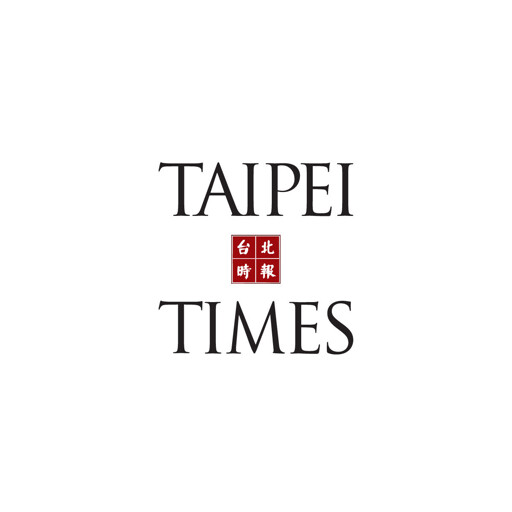cross-posted from: https://lemmy.sdf.org/post/38115904
This is an op-ed by Chen Kuan-ting, one of Taiwan’s Democratic Progressive Party legislator and a member of the Foreign Affairs and National Defense Committee. Sana Hashmi is a fellow at the Taiwan-Asia Exchange Foundation.
[…]
For years, Taiwan has weathered economic coercion, military threats, diplomatic isolation, political interference, espionage and disinformation, but the direct targeting of elected leaders abroad signals an alarming escalation in Beijing’s campaign of hostility.
Czech military intelligence recently uncovered a plot that reads like fiction, but is all too real. Chinese diplomats and civil secret service in Prague had planned to ram the motorcade of then-vice president-elect Hsiao Bi-khim (蕭美琴) and physically assault her during her visit to the Czech Republic in March last year.
Taiwanese officials have rightly labeled this as “transnational repression.” We should call it what it is: endangering the life of a democratically elected leader. Although Czech authorities thwarted the plot, the warning is clear: Beijing is willing to cross any line to threaten and silence Taiwanese leadership. This cannot be allowed to become the new normal. In a world that claims to be governed by a rules-based international order, this was nothing short of a planned political attack, one that must not be dismissed or normalized under the cover of the “one China” policy.
[…]
The Prague incident marks a new threshold: What was once intimidation is now premeditated violence. This is not diplomacy; it is state-sponsored coercion.
This is happening now because Beijing’s traditional tactics are faltering. Taiwan has grown more resilient, deepening its partnerships across Europe and Asia, and garnering broader international support. As diplomatic poaching yields diminishing returns, China is resorting to more extreme measures to intimidate Taiwanese leaders and deter others from engaging with Taipei. The strategy is plain: To keep Taiwan off the international stage and isolate it by any means necessary.
[…]
If the world is serious about upholding a rules-based order, now is the time to draw firm boundaries and stand together in its defense.
“Taiwan will not be isolated by intimidation,” Hsiao said.
Indeed, Taiwan will neither be intimidated nor silenced. However, the international community must do its part: Support Taiwan’s right to exist, engage and remain secure. A stable Indo-Pacific region and a functioning international order are impossible if Taiwan is left vulnerable to violence, coercion and repression.


